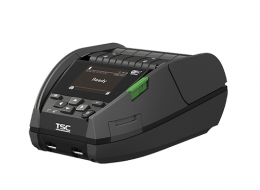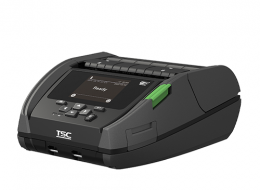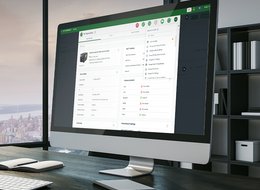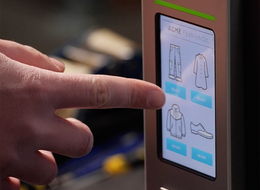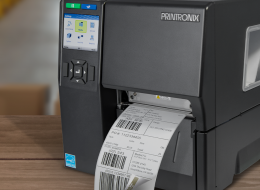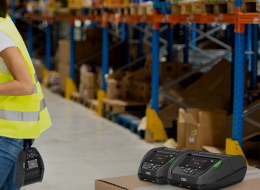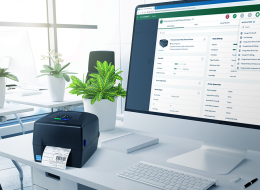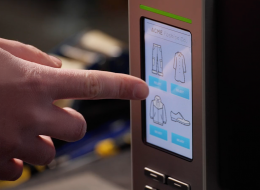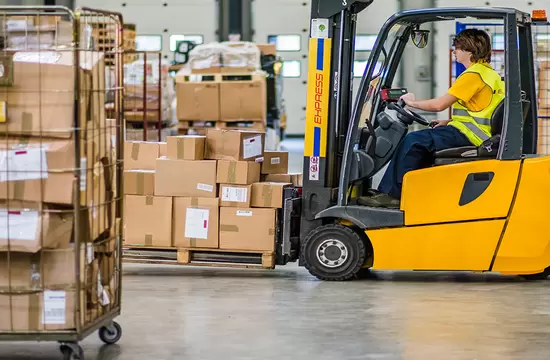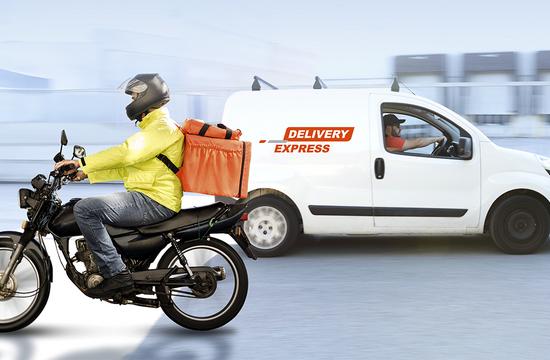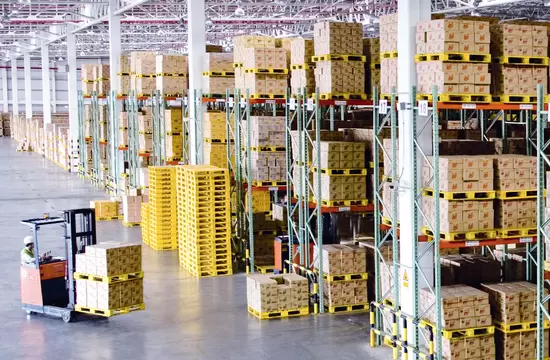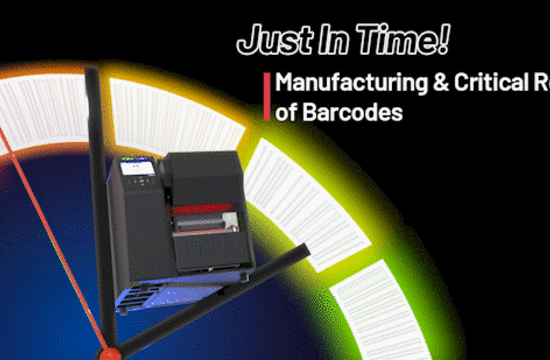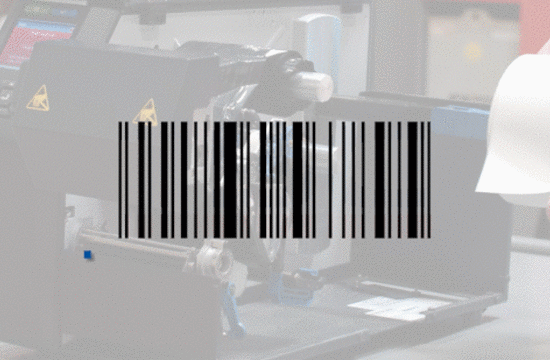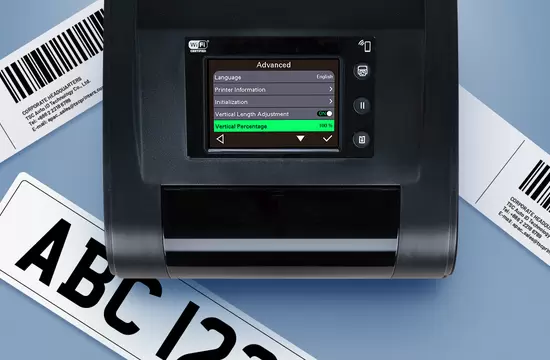Warehouse & Fulfillment
Automotive
1429
/en/blog/automotive
Barcode Inspection
418
/en/blog/barcode-inspection
Cannabis
1430
/en/blog/cannabis
Company News
415
/en/taxonomy/term/415
Entertainment & Hospitality
1428
/en/blog/entertainment-hospitality
Events and Tradeshows
1421
/en/blog/events-and-tradeshows
Food & Beverage
1426
/en/blog/food-beverage
Healthcare
1425
/en/blog/healthcare
High Resolution
414
/en/blog/high-resolution
Industry Trends
1419
/en/blog/industry-trends
Manufacturing
1424
/en/blog/manufacturing
Mobile Printing
1420
/en/blog/mobile-printing
Remote Printer Management
1432
/en/blog/remote-printer-management
Retail
1423
/en/blog/retail
Retail
1435
/en/blog/retail-0
RFID
416
/en/blog/rfid
Software Solutions
1433
/en/blog/software-solutions
Standalone
419
/en/blog/standalone
Supplies
417
/en/taxonomy/term/417
Tips & Best Practices
1431
/en/blog/tips-best-practices
Transportation & Logistics
1422
/en/blog/transportation-logistics
Warehouse & Fulfillment
1427
/en/blog/warehouse-fulfillment
Free trade and protectionist trade policies are fluctuating significantly, causing unprecedented disruption to interconnected and interdependent supply chains in the US.
With the boom in e-commerce and omnichannel fulfilment, warehouses have become crucial and are growing in number. This growth has led to a surge in warehouse vehicles like forklifts, with the market projected to grow by 40% from 2023 to 2031. These vehicles are vital for moving inventory on the premises. For operations that rely heavily on them, a mobile printer with a shoulder strap isn’t enough. Additional accessories are necessary to streamline the labelling process.
Linerless is emerging as a favoured labelling solution. Whether in retail, logistics, healthcare, or beyond, enterprises are seeking a greener, more efficient labelling experience. Dive into our ultimate Q&A guide below to help you make informed decisions on integrating Linerless Labelling into your operations for sustainable and streamlined labelling.
Logistics operations are vital for any business supply chain, enabling product flow from the producer or supplier to the end-users, or vice-versa. Mobile printers are essential in this dynamic setting, compared to stationary printers. Although mobile printers align with the “on-the-go” nature of logistics operations, specific requirements may vary based on the working scenarios or environments. When making decisions, it's crucial to consider elements such as mobility requirements, media usage, durability, charging capabilities, and working conditions.
Warehouse and logistics are the hidden success behind nearly every business operation, ensuring items move through the supply chain at the right place and time. Speed and efficiency are critical in these industries, and labeling is no exception. Labeling is essential in item, box, and pallet tracking. The key is performing this action quickly and efficiently. Adopting linerless applications can benefit warehouse and logistics businesses in three important ways: improved operational efficiency, reduced costs, and a safer and more sustainable business.
Businesses today actively seek ways to minimise their environmental impact and enhance workplace safety. One effective approach is transitioning from traditional labels to linerless labels.
Sustainability has emerged as a pivotal factor across numerous industries, driven by environmental protection and shifting consumer tastes. Businesses are progressively directing their attention towards sustainable strategies, encompassing endeavours like minimising carbon footprints, embracing eco-conscious materials, and integrating circular economy concepts. Sustainability arises significantly in the Automatic Identification and Data Capture (AIDC) industry, leading to a growing demand for more eco-friendly materials and solutions for labels, tags, and other AIDC offerings. Reducing carbon emissions is the key strategy for the AIDC industry to achieve carbon neutrality and support environmental sustainability.
Understanding inventory location is the key to a strong supply chain and Just-in-Time (JIT) manufacturing execution.
Say goodbye to the frustrations of unscannable barcodes.
In today's world, there is a great variety of media available to meet the growing demands of diverse printing applications.

